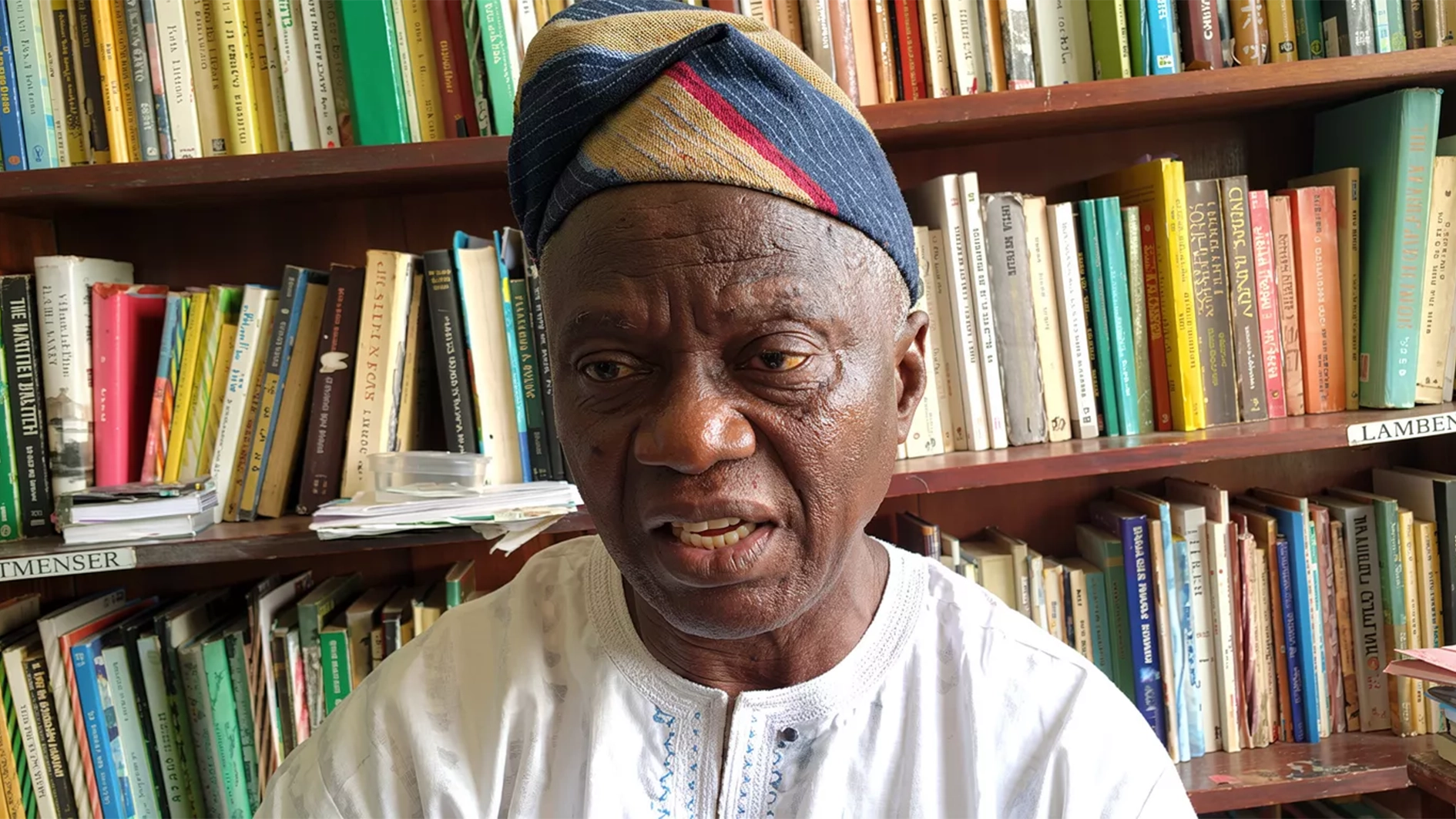At a recent tech event in Lagos, Fagbamila Jesutofunmi, a seasoned data scientist and entrepreneur, shared his perspectives on the transformative power of data in shaping Nigeria’s technological future. With years of experience at the intersection of data, software, and product innovation, Jesutofunmi emphasized how data-driven solutions are helping businesses, startups, and government institutions make smarter decisions. In this interview, he speaks on the importance of data science, its role in Nigeria’s growing tech ecosystem, the challenges facing professionals in the field, and his vision for the next five years.
Can you talk a bit about yourself and your profession?
I am Fagbamila Jesutofunmi. I’m a data scientist and an entrepreneur with several years of experience working at the intersection of data, software, and product innovation. My work focuses on building data-driven solutions that help businesses and governments make smarter decisions.
Data science is one of the buzzwords in today’s tech industry. How would you explain its importance to someone outside the field?
Data science is essentially about turning raw data into actionable insights. Every click, purchase, or online interaction generates data. If properly analysed, that data can help businesses understand customer behavior, governments improve services, and startups innovate. In simple terms, data science makes sense of the noise and helps decision-makers act with clarity.
Nigeria has a growing tech ecosystem. What role do you think data science plays in shaping it?
A huge role. From fintechs analysing customer transactions to agritech startups predicting crop yields, data is at the heart of innovation. In Nigeria, where we have unique challenges—like financial inclusion, healthcare access, and urban planning—data science can help design solutions that are not just scalable but also localized to our realities.
What challenges do data scientists face in Nigeria?
Access to clean, reliable data is still a big challenge. Many organizations don’t have proper data infrastructure in place. Another issue is the gap between academia and industry—students often graduate without practical, hands-on experience. But I’m encouraged by the rise of local data communities and bootcamps addressing these gaps.
There’s a lot of buzz around AI and machine learning. How do they connect with data science?
AI and machine learning are actually subsets of data science. Data science is the broader practice of analyzing and interpreting data. Machine learning and AI take it further by enabling systems to learn patterns and make predictions automatically. For example, in Lagos traffic management, AI could analyze live data from road sensors and predict congestion points before they happen.
For young Nigerians aspiring to enter the field, what advice would you give?
Start small and be curious. You don’t need a PhD to get started—many free resources and online communities are available. Learn the basics of Python, statistics, and SQL, then gradually build projects that solve real problems around you. Employers value practical skills and creativity more than just certificates
Finally, where do you see data science in Nigeria in the next five years?
I see it becoming more embedded in everyday life. More startups will be data-driven from day one. Government agencies will increasingly rely on data to deliver services. And importantly, as data literacy spreads, ordinary citizens will also become more empowered to make informed decisions. Nigeria has the talent; what we need now is infrastructure and collaboration.






